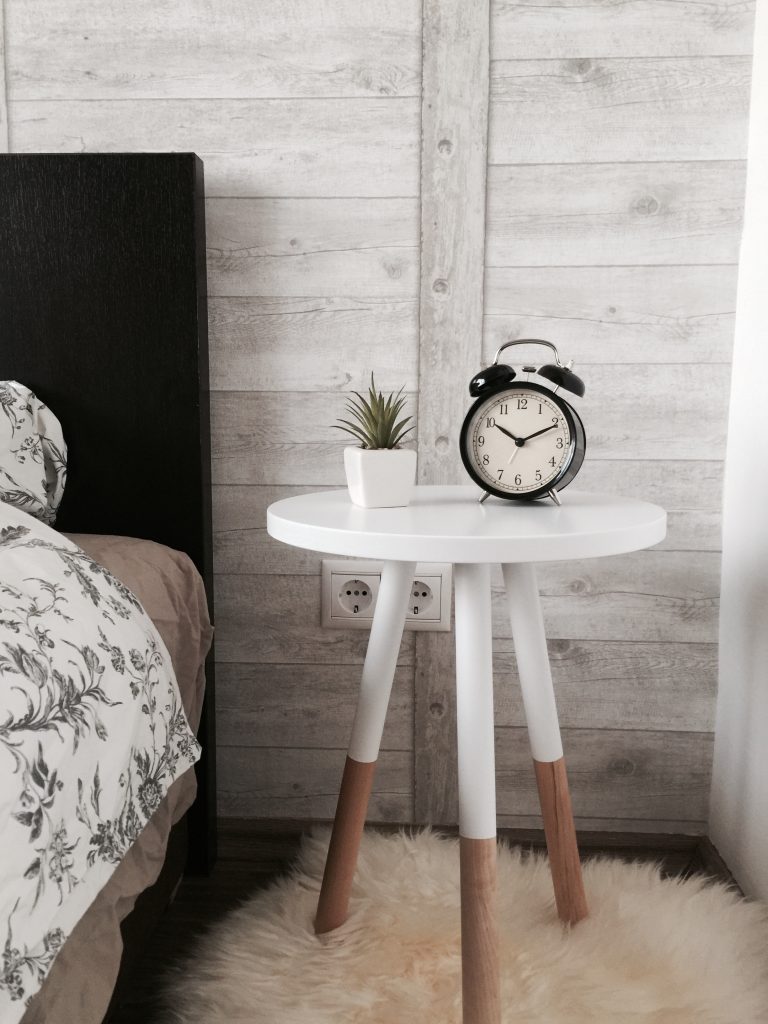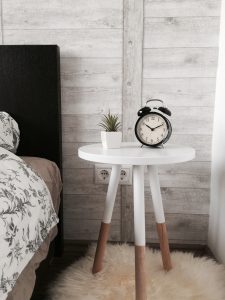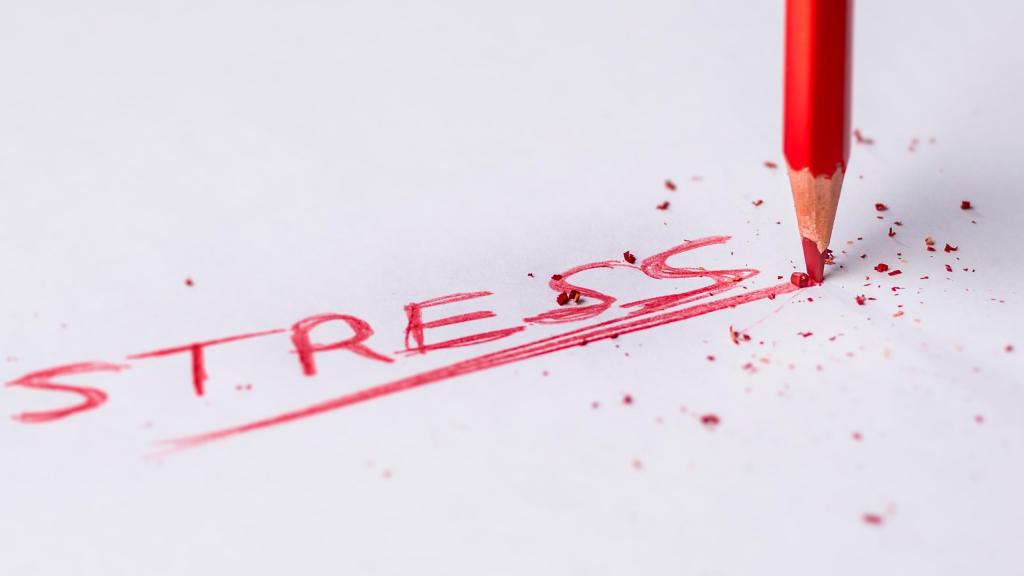More Healthy Sleep Information
Today, there is much more healthy sleep information available. According to researchers, how sleepy you are depends on how well you have been sleeping and how much sleep you are getting. We each have a “biological clock” – a tiny bundle of cells in your brain that responds to light signals through your eyes and promotes wakefulness. Due to the timing of the biological clock and other bodily processes, you naturally feel drowsy between midnight and 7 a.m. and again in the afternoon between 1 p.m. and 4 p.m.
Night shift workers often find themselves drowsy at work. They also have trouble falling asleep or staying asleep during the day, when their schedules require them to sleep. Being sleepy puts them at risk for injuries on the road and at work. Night shift workers are also more likely to have conditions such as heart disease, digestive disorder, and infertility, as well as emotional problems. All of these problems may be related, at least in part, to their chronic lack of sleep.
Adapting to new sleep and wake times can also be hard for travelers crossing time zones, resulting in what’s known as jet lag. Jet lag can lead to daytime sleepiness, trouble falling asleep or staying asleep at night, poor concentration, and irritability.
The good news is that by using appropriately timed cues, most people can change their biological clock, but only by 1-2 hours per day at best. Therefore, it can take several days to adjust to a new time zone (or different work schedule). If you’ll be moving across time zones, you might want to begin adapting to the new time zone a few days before leaving. Or, if you are traveling for just a few days, you might want to stick with your original sleep schedule and not try to adjust to the new time zone.
Tips to Help With Sleep
Just like eating well and being physically active are important for good health, getting a good night’s sleep is vital to your well-being. Here are 13 tips to help with sleep:
Stick to a sleep schedule. Go to bed and wake up at the same time each day – even on the weekends.
Exercise is great, but not too late in the day. Avoid exercising closer than 5 or 6 hours before bedtime.
Avoid caffeine and nicotine. The stimulating effects of caffeine in coffee, colas, teas, and chocolate can take as long as 8 hours to wear off fully. Nicotine is also a stimulant.
Avoid alcoholic drinks before bed. A “nightcap” might help you get to sleep, but alcohol keeps you in the lighter stages of sleep. You also tend to wake up in the middle of the night when the sedating effects have worn off.
Avoid large meals and beverages late at night. A large meal and cause indigestion and interferes with sleep. Drinking too many fluids at night can cause you to awaken frequently to urinate.
Avoid medicines that delay or disrupt your sleep, if possible. Some commonly prescribed heart, blood pressure, or asthma medications, as well as some over-the-counter and herbal remedies for coughs, colds, or allergies, can disrupt sleep patterns.
Don’t take naps after 3 p.m. Naps can boost your brain power, but late afternoon naps can make it harder to fall asleep at night. Also, keep naps to under one hour.
Relax before bedtime. Take time to unwind. A relaxing activity, such as reading or listening to music, should be part of your bedtime ritual.
Take a hot bath before bed. The drop in body temperature after the bath may help you feel sleepy, and the bath can help relax you.
Have a good sleep environment. Get rid of anything that might distract you from sleep, such as noises, bright lights, an uncomfortable bed, or a TV or computer in the bedroom. Also keeping the temperature in your bedroom on the cool side can help you sleep better.
Have the right sunlight exposure. Daylight is key to regulating daily sleep patterns. Try to get outside in normal sunlight for at least 30 minutes each day.
Don’t lie in bed awake. If you find yourself still awake after staying in bed for more than 20 minutes, get up and do some relaxing activity until you feel sleepy. The anxiety of not being able to sleep can make it harder to fall asleep.
See a doctor if you continue to have trouble sleeping. If you consistently find yourself feeling tired or not well rested during the day despite spending enough time in bed at night, you may have a sleep disorder. Your family doctor or a sleep specialist should be able to help you. Another good source of information is the National Sleep Foundation Website which can help you find resources in your area.
The information in this article is adapted and updated under license from Claire Communications.






